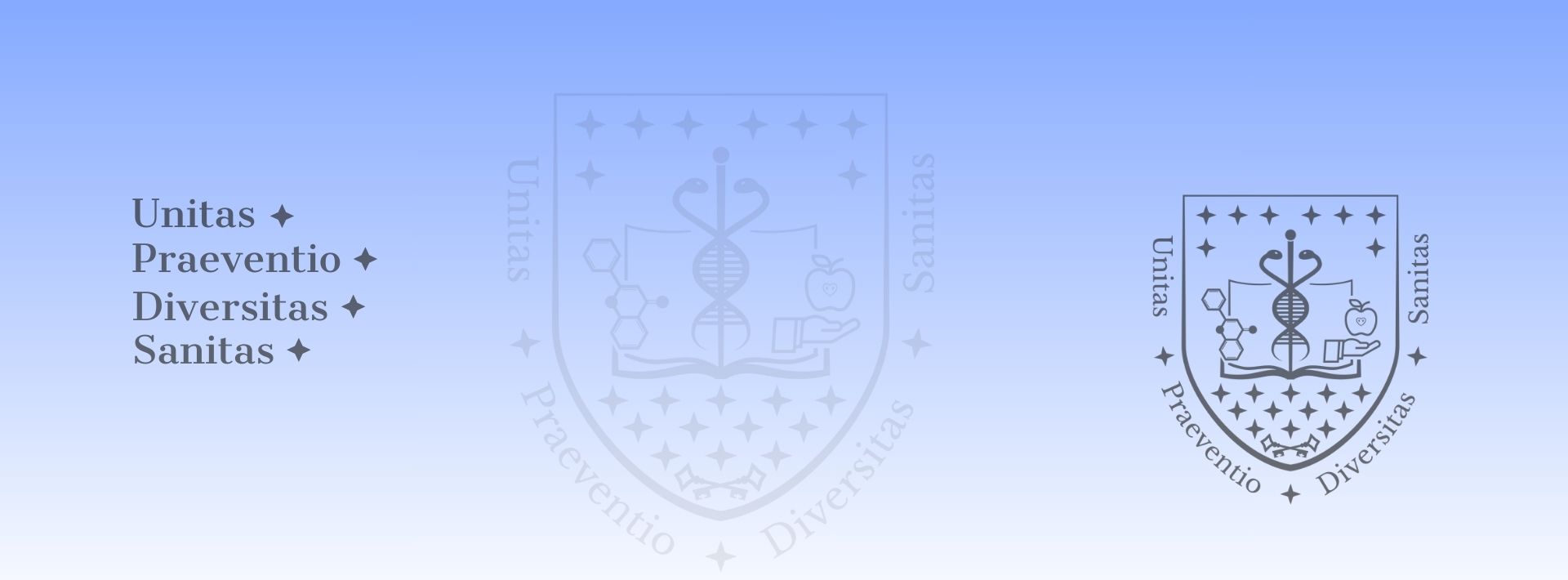Data
Official data in SubjectManager for the following academic year: 2024-2025
Course director
-
Marek Erika Mária
associate professor,
Department of Public Health Medicine -
Number of hours/semester
lectures: 24 hours
practices: 0 hours
seminars: 0 hours
total of: 24 hours
Subject data
- Code of subject: OAE-MUE-T
- 2 kredit
- General Medicine
- Elective modul
- both
OAP-BPR-T finished , OAP-MO1-T finished , OAP-MO2-T finished
Course headcount limitations
min. 5 – max. 20
Available as Campus course for . Campus-karok: ETK
Topic
Migration is a rapidly growing global phenomenon. The number of foreign born people within the EU 27 is estimated as high as 50 million. Addressing migrant health goes beyond issues of differing morbidity profiles and vaccination status linked to country of origin or potential for spreading diseases, such as SARS, MDR TB, or tropical diseases. Health and social assistance tailored to migrants needs is also essential, serving their smooth and successful integration with clear social and economic benefit. Public health safety, human rights and health impact of transcultural aspects should be equally addressed. EU external Schengen borders are increasingly exposed to irregular migration. The number of victims of trafficking (the new white slavery) is estimated to hundreds of thousands yearly in the EU. They are seriously abused physically, sexually and psychically. Their proper care and treatment needs specially prepared staff. The health-related issues of an increasing number of tourists traveling the world for business and leisure further require attention to questions of protection and avoidance of health hazards. Doctors must develop appropriate knowledge of the clinical signs and symptoms of the most common infections in the topics, like malaria, dengue fever, etc. Lack of knowledge in this regard may risk the life of the patients.
The curriculum is turning the attention to and provides the basic knowledge and skills for answering the need generated by the rapidly growing number of migrants and tourists who may appear and ask for assistance at any level of the health care system Europe wide. Recognizing rare diseases, providing proper medical assistance for travellers and migrants is a priority aim of this curriculum while it helps also in coping successfully with intercultural, inter-religious problems and their health impact and understanding well the human rights angle of the successful integration of migrants.
Lectures
- 1.
Introduction to migration health: terms and definitions.
- Marek Erika Mária - 2.
Introduction to migration health: terms and definitions.
- Marek Erika Mária - 3.
Health and public health aspects of migration 1.: countries of origin
- Marek Erika Mária - 4.
Health and public health aspects of migration 1.: countries of origin.
- Marek Erika Mária - 5.
Health and public health aspects of migration 2.: transit and destination countries.
- Marek Erika Mária - 6.
Health and public health aspects of migration 2.: transit and destination countries.
- Marek Erika Mária - 7.
Most frequent imported diseases connected to travel and tourism.
- Feiszt Zsófia - 8.
Most frequent imported diseases connected to travel and tourism.
- Feiszt Zsófia - 9.
Special health conditions and their excess health hazards during travels Rare diseases travellers/ tourist may be infected with. HIV/AIDS.
- Feiszt Zsófia - 10.
Special health conditions and their excess health hazards during travels Rare diseases travellers/ tourist may be infected with. HIV/AIDS.
- Feiszt Zsófia - 11.
Preparations for travel related health hazards and possibilities in risk reduction (self-assessment)
- Feiszt Zsófia - 12.
Preparations for travel related health hazards and possibilities in risk reduction (self-assessment)
- Feiszt Zsófia - 13.
Preparations for travel related health hazards and possibilities in risk reduction (vaccination).
- Feiszt Zsófia - 14.
Preparations for travel related health hazards and possibilities in risk reduction (vaccination).
- Feiszt Zsófia - 15.
Mental health aspects of migration. Healthcare provision in multicultural environment.
- Hárdi Lilla - 16.
Mental health aspects of migration. Healthcare provision in multicultural environment.
- Hárdi Lilla - 17.
Barriers in accessing healthcare for migrants, and best practices.
- Marek Erika Mária - 18.
Barriers in accessing healthcare for migrants, and best practices.
- Marek Erika Mária - 19.
ECDC and WHO recommendations in healthcare provision for migrants.
- Szilárd István - 20.
ECDC and WHO recommendations in healthcare provision for migrants.
- Szilárd István - 21.
Migrant sensitive health services; their aims and characteristics.
- Szilárd István - 22.
Migrant sensitive health services; their aims and characteristics.
- Szilárd István - 23. Exam - Marek Erika Mária
- 24. Exam - Marek Erika Mária
Practices
Seminars
Reading material
Obligatory literature
Literature developed by the Department
Manson: Tropical Diseases
World Migration Report 2005, IOM Geneva
The Mental Health Aspects of Trafficking in Human Beings, training manual, IOM Budapest
The IOM Handbook on Direct. Assistance for Victims of Trafficking, IOM Geneva
Notes
Recommended literature
Conditions for acceptance of the semester
Active participation at lectures (85% at least), and successful completition of the final written test.
Mid-term exams
Written midterm test exam during the last occasion.
Making up for missed classes
Individual consultation with the lecturers
Exam topics/questions
Written test based on lectures and recommended readings.
